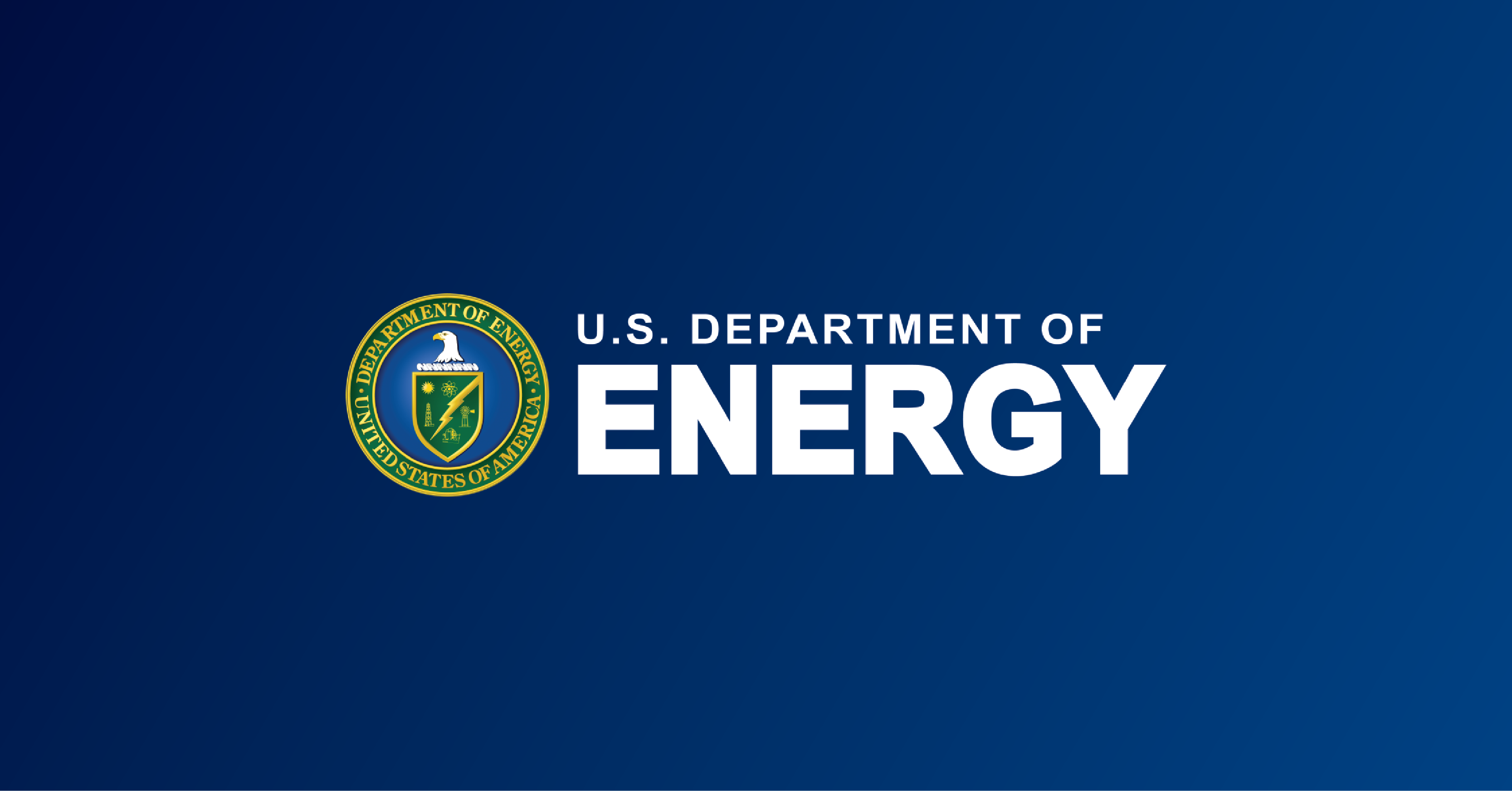
WASHINGTON, D.C. — The U.S. Department of Energy (DOE) today announced 16 projects across 14 states are set to receive $23.4 million to provide locally-tailored technical assistance and enhanced stakeholder engagement around carbon management technologies. The projects, housed at both universities and private sector companies, aim to connect carbon management developers with local communities to foster collaboration and education toward the advancement of commercial deployment of carbon capture, transport, and storage technologies across the United States. Large-scale deployment of carbon management technologies will help reduce emissions from hard to decarbonize industrial facilities and power plants, which is crucial to meeting President Biden’s ambitious climate goals.
“There’s no denying that to reach our climate goals technology will play a central role in the reduction of harmful carbon emissions that are exacerbating the impacts of climate change,” said U.S. Secretary of Energy Jennifer M. Granholm. “Today’s investments will help regions across the nation develop locally-focused pathways that advance the deployment of carbon management technology, while delivering more jobs and cleaner air.”
The funding will enable organizations with extensive experience and unique skill sets in carbon capture, transport, and storage to provide technical information and procedural assistance to industry and business partners with a vested interest in commercial-scale carbon management. The selected projects will:
- Provide stakeholders with valuable resources, expert teams, and information necessary to facilitate the regional deployment of large-scale geologic storage facilities, or carbon management hubs, that could each store hundreds of millions of metric tons of CO2 over their operational lifespan at an injection rate of more than 5 million metric tons per year, and
- Provide the opportunity for DOE to work with State Geologic Surveys and related organizations with unique technical capabilities to fill data gaps and identify the potential for these large-scale projects within promising geologic basins in their respective states.
A key element of this assistance is close engagement with the communities affected by current and proposed carbon capture, transport, and storage infrastructure to facilitate public understanding of the technical aspects of the projects. In building this cooperation, DOE aims to reduce project costs and risks, lower monitoring costs while improving monitoring effectiveness, develop more effective strategies for gaining public acceptance, and provide data to support legislative and governmental decision-making across multiple regions of the United States.
DOE’s National Energy Technology Laboratory (NETL), under the purview of DOE’s Office of Fossil Energy and Carbon Management (FECM), will manage the selected projects. A detailed list of the selected projects can be found here.
With the selections announced today, FECM has invested over $777 million in more than 100 projects since January 2021 that advance research, development, and deployment of carbon capture, transport, and storage approaches. This progress is essential to help drive economic development, technological innovation, and high-wage jobs as we build a clean energy and industrial economy.
FECM minimizes environmental and climate impacts of fossil fuels and industrial processes while working to achieve net-zero emissions across our economy. Priority areas of technology work include carbon capture, carbon conversion, carbon dioxide removal, carbon dioxide transport and storage, hydrogen production with carbon management, methane emissions reduction, and critical minerals production. To learn more, visit the FECM website, sign up for FECM news announcements, and visit the NETL website.







